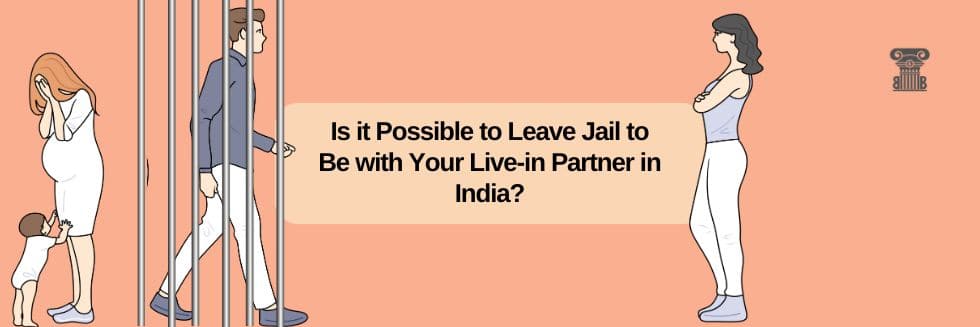While dismissing a revision plea filed by a husband, Karnataka High Court observed that mere possession of an educational qualification by a wife cannot by itself be a factor to conclude that she can maintain herself.
A single-judge bench of Justice Dr. HB Prabhakara Sastry rejected the revision petition filed by a husband challenging the 2013 family court order which had directed him to pay Rs 3,000 per month to his estranged wife.
“A mere possession of certain qualification by ipso facto cannot be considered that a woman is able to maintain herself. May be in the circumstances of the case, a person’s educational qualification may come to his help or rescue in applying for jobs or in his attempt to fetch some livelihood or pursuing some avocation. By mere possession of such educational qualification itself, one cannot jump to a conclusion that such a qualification holder, particularly a wife under Section 125 of Cr.P.C., is able to maintain herself,” said Justice Sastry.
The court also noted that there may be several reasons behind the woman resigning from her job and can expect the husband to maintain her.
The court further added, “There may be several reasons for a woman even to resign from a job in which she worked at one particular point of time and expect her husband to maintain her. Unless it is brought on record through cogent evidence that such an act of resigning from job or leaving avocation was only with an intention to compel her husband to pay her maintenance, which circumstances probably may warrant a different finding.”
The counsel appearing for the husband argued that the wife is double graduate and can maintain herself without troubling the petitioner for maintenance. The petitioner also submitted that his wife had suppressed her physical inability to conceive a baby.
The court appointed amicus curiae, Advocate Archana KM opined that having higher educational qualifications would not by itself help a person earn her livelihood.
It was also argued that even if she is capable of earning, she was unable to do so due to various reasons including medical reasons.
Taking into consideration the submissions made by amicus curiae, the court observed, “A reading of the above Section, more particularly sub-section (1)(a) and 1(b) of the said Section would clearly go to show that, what the law requires is, wife’s or daughters’ inability to maintain themselves. Though a person may have eligibility to be appointed in a post in any public office or may have a good educational qualification, but still, he/she may be unable to earn his/her livelihood because of lack of any employment or any inability to earn. It is in that context, the facts and circumstances of each and every case has to be analysed.”
The court also took into account that though the wife is M.A., M.Ed. graduate, she could not get any job and therefore, was unable to maintain herself.
The court further rejected the petitioner’s argument that respondent had suppressed her medical incapability to bear children and said, “The said argument of the learned counsel, at the threshold itself is liable to be rejected, since the said attitude of the husband if he maintains the same, is nothing but a revenge of a person against another person for no valid reason. Such a revengeful attitude finds no place in the law.”
The court further noted, “Giving maintenance to the wife is not merely a pleasure for the husband but it is the duty of the husband to maintain his wife, who herself is unable to maintain herself. In such a situation, if the wife has satisfied that she has got a valid reason to live separately or live away from her husband and when she is unable to maintain herself, then it would be the duty of the husband to maintain her”.
The couple got married in 2003. Their relationship started turning sour after the husband found that his wife is having trouble conceiving a baby. As the differences kept on increasing, they got separate and the wife started living with her brother in Mysuru.
Then, the wife moved a family court seeking maintenance under Section 125 of the Code of Criminal Procedure, 1973. The husband had also filed a matrimonial case in the same family court seeking dissolution of marriage under Section 13 (1) (i-a) of the Hindu Marriage Act, 1955.
The family court on January 3, 2013 allowed the petition of husband as well as wife and directed the husband to pay Rs 3,000 to the wife every month from the date of the petition. The husband, then, challenged the family court in High Court.






